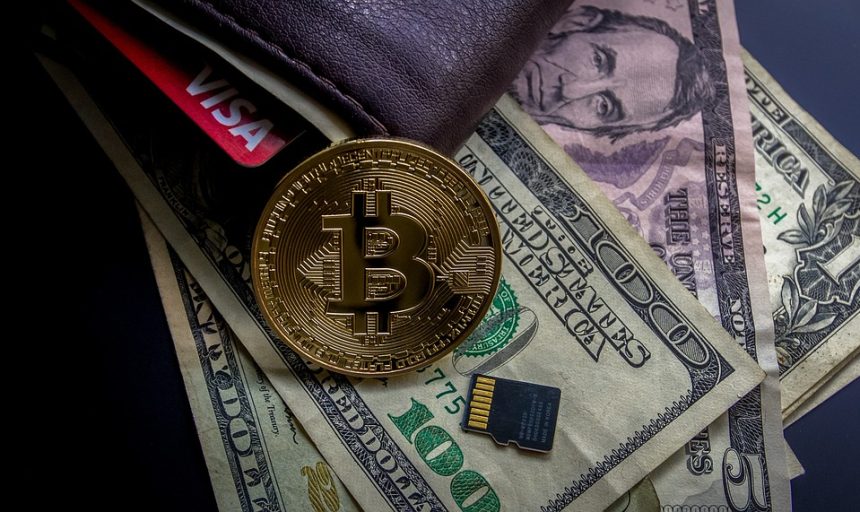The Rise of DeFi: How Smart Contracts Are Transforming Finance
In recent years, the financial landscape has witnessed a seismic shift, driven by the advent of Decentralized Finance (DeFi) and the underlying technology of smart contracts. What started as a niche sector within the blockchain space has burgeoned into a multi-billion-dollar ecosystem, challenging traditional financial systems and offering a plethora of innovative solutions that empower users globally. This article explores the key aspects of DeFi, how smart contracts are transforming finance, and the implications for the future.
Understanding DeFi
Decentralized Finance, or DeFi, refers to an ecosystem of financial applications built on blockchain technology. Unlike traditional finance—which relies on centralized intermediaries such as banks and payment processors—DeFi leverages smart contracts on public blockchains (primarily Ethereum) to create an open and permissionless financial system. These smart contracts execute transactions automatically when predefined conditions are met, eliminating the need for trusted intermediaries and thereby reducing costs and increasing efficiency.
The Role of Smart Contracts
Smart contracts are self-executing contracts with the terms of the agreement directly written into code. The immutability and transparency of blockchain ensure that once deployed, these contracts cannot be altered, and their execution is visible to all participants in the network.
Here’s how smart contracts are transforming finance:
-
Automated Transactions: DeFi protocols utilize smart contracts to automate complex transactions that traditionally require intermediary involvement. This not only speeds up processes but also minimizes human error.
-
Access to Financial Services: DeFi opens the door for millions of unbanked and underbanked individuals worldwide by removing the barriers associated with traditional banking systems. Anyone with an internet connection can access services like lending, borrowing, and trading directly without needing a bank account.
-
Greater Transparency: Transactions executed via smart contracts are recorded on a public ledger, ensuring all financial activities are transparent and auditable. This enhances trust among users and auditors alike.
-
Low Costs and Efficiency: By cutting out middlemen, DeFi reduces transaction fees significantly. Users can trade, lend, or borrow directly with one another, creating a more efficient allocation of resources.
- Tokenization of Assets: Smart contracts allow for the tokenization of real-world assets, enabling users to trade everything from real estate to art in a fractionalized manner. This democratizes access to investment opportunities previously available only to a select few.
Innovations and Use Cases in DeFi
Across the DeFi landscape, a variety of innovative applications have emerged:
-
Decentralized Exchanges (DEXs): Platforms like Uniswap and SushiSwap allow users to trade cryptocurrencies directly with each other, facilitated by smart contracts that maintain liquidity through automated market-making.
-
Lending and Borrowing Platforms: Services such as Aave and Compound enable users to lend their cryptocurrency for interest or borrow against collateral seamlessly, leveraging smart contracts for dynamic interest rate determination.
-
Yield Farming and Liquidity Mining: Users can earn rewards by providing liquidity to various protocols, often gaining governance tokens in return. These innovative financial products have seen massive participation, generating significant returns for users.
- Insurance and Risk Management: DeFi protocols are exploring new avenues in risk management, with projects like Nexus Mutual providing decentralized insurance coverage using smart contracts to assess and pay claims automatically.
Challenges and Considerations
While the promise of DeFi is enticing, it is not without its challenges. Concerns regarding security, regulatory scrutiny, and market volatility persist:
-
Security Risks: Bugs in smart contracts can lead to exploits and significant financial losses. Recent hacks have underscored the importance of rigorous security audits within DeFi protocols.
-
Regulation: As DeFi grows, so too does interest from regulators. The challenge will be finding a balance between innovation and compliance to protect users from potential fraud or financial instability.
- Market Volatility: Many DeFi projects are susceptible to the volatile nature of cryptocurrencies, leading to risks for users who engage in lending, borrowing, or yield farming without adequate risk assessment.
The Future of Finance
The rise of DeFi heralds a new era in the financial industry, characterized by inclusivity, efficiency, and innovation. As smart contracts evolve and mature, we are likely to see increased adoption among mainstream financial institutions, alongside the continued proliferation of decentralized solutions that challenge the status quo.
In conclusion, while the journey of DeFi is still in its infancy, its potential to transform finance remains immense. By harnessing the power of smart contracts, we are witnessing the birth of a financial ecosystem that prioritizes accessibility, transparency, and autonomy—an evolution that could reshape how individuals and institutions interact with money for generations to come. As DeFi continues to develop, it invites all participants—whether newcomers or seasoned financial experts—to imagine a future where finance is decentralized, democratized, and truly global.





